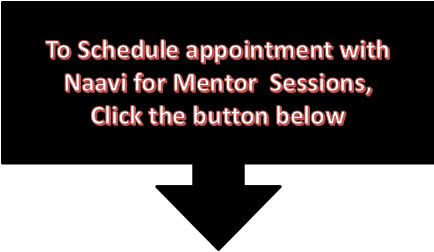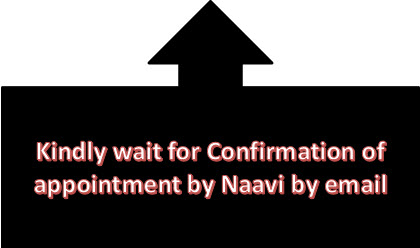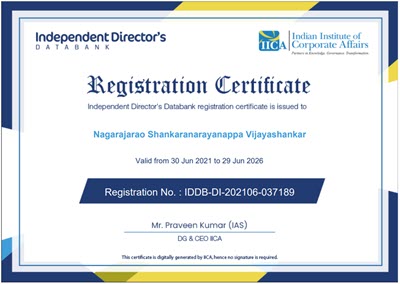Naavi was the author of the first book on Cyber Laws in India titled “Cyber Laws For Every Netizen in India” which was released 0n 9th December 2000 in Chennai. Since then Naavi has authored several books.
Presently the book “Guardians of Privacy-Comprehensive handbook on DPDPA 2023 and DGPSI” is available on print.

Books published as E Books only: (sale disconinued)
 |
 |
 |
 |
(P.S: Above E Books are in PDF form and print disabled)
Free E Books:











Hi,
I am customer of one of the life insruance company. I have a query from legal point of view as follows:
1. While making online payment for life insruance product, should online receipt be digitally signed? What is the liability on customer and insurance company if it is not digitally signed
As a procedure to be followed by a responsible company, the receipts issued should be digitally signed. However, if the online receipt is not digitally signed the document is like an “Unsigned” paper document. It can still be used as evidence along with ancillary evidence. The ancillary evidence should ideally be certified as per procedure adopted by http://www.ceac.in
Sometimes the receipt may state that no signature required since this is a computer generated statement.
With that disclaimer, it is meant to be a valid receipt as one with a handwritten, digital signature..
Regards
Ravi C S
No. The disclaimer does not have the status of signature.
Im not saying that the disclaimer has the status of a signature but what I mean is that by stating that a signature is not required since it is a computer generated receipt, the company is stating that it is still a valid receipt and is issued by the company.
You can hold it as a receipt if the company does not repudiate. If it repudiates, it is as good as an oral statement. At best you can prove it with other ancillary documents. It is like heads I win, Tails you lose.